There can be a rainbow after a storm…
Leaving an abusive relationship can be emotionally and physically draining, which can be very difficult to deal with all at once. Many survivors have stated that even after leaving the relationship, they are still left with residual emotional effects that can take just as much work and effort as leaving the relationship itself. Acknowledging this hopefully can ease the mind of anyone wondering…
“Is this normal?” “Am I the only one feeling this way?” “What now?” and “How can I see the signs of an abuser when I’m ready to date again?”
These feelings and struggles are valid. Validating oneself is a very important part when healing from trauma. Trauma is real, and unfortunately can be caused by living through or with abuse. It may take time but there is hope for healing. The focus of this month’s blog post is to offer support and education for some of the difficult obstacles one may face after leaving an abusive relationship.
What to expect/What you may experience…
Many survivors have stated that leaving is the hardest choice or action to make. Once this is done, it is a good idea to take the time to learn what to expect in order to make it easier for you to keep yourself safe and begin the healing process. When you leave or if you have left you may notice yourself experiencing:
- Grief- Mourning the loss of any relationship is an important step to healing. It is “okay” to take the time to acknowledge the loss of the relationship. This is an important step. One of the things that makes intimate partner violence so dangerous is that the survivor, at one time, loved the abuser. This is why validating and acknowledging what you may be feeling over the loss of your relationship is important and healthy.
- Anger- Once there is time and space to experience your emotions; it is very common to feel angry about what has happened to you. Working with the support of a therapist, support group, or a hotline that offers domestic violence support can be helpful while dealing with these emotions.
- Loneliness- Isolation from friends and family is a key part of abuse and control. After leaving a relationship, you may notice a lack of connection to friends, family, or social networks–this can be difficult. These past relationships at times can be mended and new networks and friends can be made. Now is a great time to get involved in activities that interest you. Get to know yourself, your interests, and work to gain these connections. This could actually be an exciting time as you may go from loneliness to experiencing freedom and new connections and support that you were not able to have in the relationship. There is hope. Women’s Center & Shelter of Pittsburgh offers support groups that can be a valuable tool in supporting you once you have left an abusive relationship (they are also a great support for women in all stages of abusive relationships). You can get information about support groups on our 24/7 Hotline: 412-687-8005.
- Anxiety- Anxiety is completely normal in any type of new or overwhelming situations. It is especially prevalent in cases where a person has trauma or PTSD. In some situations, you may need to ask for help if the symptoms are interfering with your happiness or activities. Working with a therapist to learn coping techniques and treatment options is one way to help lessen anxiety. Coping techniques and identifying triggers can be learned through treatment.
- Feelings of Failure- It is not your fault that your partner was abusive and there is nothing you could have done to change them or make them different. You did not cause the abuse and you can only prevent it by not being present. Continual and extensive effort on your relationship would not and will not matter when the other partner is abusive.
Women’s Center & Shelter offers a 24/7 Hotline (412-687-8005) that can answer your calls at any time to help you if you are struggling emotionally after leaving an abusive relationship. Friends and/or family may not always understand the specific dynamics of what you are going through. Many women do benefit from using the Hotline as an appropriate tool for emotional support. In times of loneliness, in lieu of calling the abuser, call our hotline; they would be more than happy to take your phone call and work through those feelings with you.
Our support groups can also be a helpful part of learning, healing, getting support, and even creating a support network. You can arrange to attend a support group via our hotline.
Some helpful reading suggestions are:
Trauma and Recovery: The Aftermath of Violence–from Domestic Abuse to Political Terror-Judith Herman, M.D.
Rebuilding: When Your Relationship Ends –Bruce Fisher, et. Al
It is also important to note that in situations where there are children involved or even when there are not, an abusive partner may attempt to find ways to insert themselves into your life. This is especially common when children are involved but you can protect yourself from this type of control in many cases. Feel free to contact our legal advocates to discuss options if you feel this may be an issue for you.
“After rain there’s a rainbow, after a storm there’s calm, after the night there’s a morning, and after an ending there’s a new beginning”. -Unknown





Hi there. Merely desired to question an instant dilemma. aakdbbgdceed
Hello, what is your question?